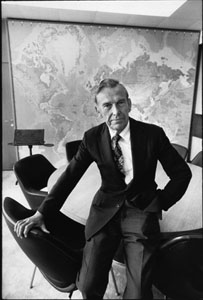Health for All Now! Reviving the spirit of Alma Ata in the Twenty-first century: An Introduction to the Alma Ata Declaration
DOI:
https://doi.org/10.71164/socialmedicine.v2i1.2007.76Abstract
Abstract In 1978 two United Nations organizations, the World Health Organization and UNICEF, held a joint conference at Alma Ata in the Soviet Union at which health was described as a human right to which all people were entitled. The goal of achieving health for all by the end of the century was established. The Alma Ata Declaration on Primary Health Care emerged from this conference. It was endorsed on the 12th September 1978, and has inspired subsequent generations of health activists. It has become a common meeting ground where likeminded public health personnel can compare and discuss strategy and relate their discussion to a common document. The slogan “Health for All by the Year 2000”, while not achieved, has been a rallying call for progressive health workers and activists. The Declaration has also inspired the global people’s health movement and two global people’s health assemblies. The concept “primary health care” has been crucial to the improvement of many countries’ health systems and, while its meaning has been variously interpreted, the pursuit of the ideal of comprehensive primary health care still motivates health workers around the world who want to ensure a more people-centred, responsive and effective and efficient health care system for their community and country. Thus the Alma Ata Declaration is a quite remarkable document and has made an impact that few other before or since have had. This article describes the international context that enabled the drafting and adoption of the Alma Ata Declaration. It then describes the document and assesses the reasons for its importance. The struggles for the ideals and strategies of the Declaration through the progressively more hostile international climate of the 1980s and 1990s are discussed. Finally, the prospects for a revival of the spirit of Alma Ata are assessed.Downloads
Published
Issue
Section
License

This work is licensed under a Creative Commons Attribution-NonCommercial-NoDerivatives 4.0 International License.

